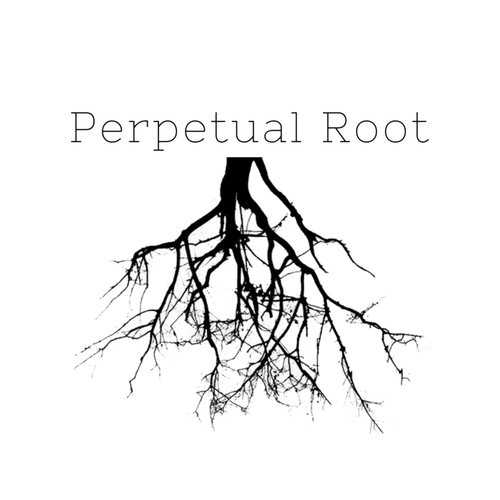Unaccompanied minor immigrants arriving on the Italian shores
Chapter 5 – Mediterranean politics
To understand the difficulties of the Italian government and the EU in facing the migrant crisis, it is ought to go through the steps that were made to find a solution. In October 2013, a fishing boat with more than five hundred immigrants on board, burnt and sunk 75 miles off Lampedusa, causing the death of 366 people. Following this immense tragedy, Italy launched the military operation “Mare Nostrum”. The main purpose of this operation was to save the lives of those on the boats and stop the illegal traffic of migrants. The Coast Guard, the Navy, and the Airforce were all involved in Mare Nostrum and operated also in international waters, over 30 miles away from the Italian coast. The Italian government was exclusively financing the operations with about 9.5 million euros per month. Overall, thanks to Mare Nostrum 189.741 migrants were rescued.
However, from November 2014, Mare Nostrum was replaced by “Triton”, an EU operation deployed by Frontex, the European Border, and Coast Guard Agency. Triton’s main objective is not to rescue immigrants on the boats, but the control of the EU borders. Triton’s vessels do not go further than 30 miles from the Italian coast and they do not engage in rescuing operations, unless in extreme emergency circumstances. Furthermore, Frontex substituted the military vessels with cargo ships, not properly equipped and without trained personnel, and reduced the monthly budget for the operations to 2.9 million euros only. The idea behind these changes was that Mare Nostrum was acting as a pull factor for the departures and that, by eliminating it, the number of migrants undertaking the crossing would have decreased. However, the introduction of Triton only led to an exponential increase of the deaths, while the number of immigrants continued to grow.
In the attempt to fill the gap created by Triton, many NGOs started to navigate the Mediterranean Sea looking for the boats and rescuing those in need. Nevertheless, Frontex accused them of constituting another pull factor, further endangering migrants and even of colluding with smugglers. These charges are proved to be without any foundation. First of all, the increase in the number of migrants preceded the arrival of the NGOs’ ships in the Mediterranean and involves crossing routes that are not watched by them. As a consequence, no causal relationship can be inferred between the intervention of the NGOs and the number of immigrants getting on board of the boats. Furthermore, the presence of the NGOs is not the cause but the response to the higher risk of the crossing. The EU and, in particular, the Operation Sophia (EunavoforMed), are responsible for the use of increasingly less safe vessels. In fact, among the objectives of this operation, was the destruction of the bigger double-deck ships. The Libyan Coast Guard is also often intervening violently against the ships, causing further damaging. On the other hand, the mortality rate consistently decreases when the NGOs are present in the Mediterranean, especially because they are the only rescuing ships close to the Libyan coast.
Most definitely, the NGOs are not causing the immigration problem, but they are fundamental actors in saving migrants’ lives. Contrarily, governments are more focused on stopping the human traffic by persecuting the smugglers. This dichotomous approach is acceptable as long as the NGOs are allowed to do their job. Nevertheless, in many occasions, volunteers’ actions are hindered by bossy authorities, deliberately ignoring their requests and creating tensions among the migrants, while they are still on board. Too often the safety and well-being of the migrants are overlooked, as governments are blind to the suffering of the individual, distracted by their big schemes and general solutions. On the other hand, if the NGOs and the EU authorities could see each other as two forces aiming to the same goal, they could better prevent many men, women, and children from drowning in the Mediterranean Sea.


Leave a comment